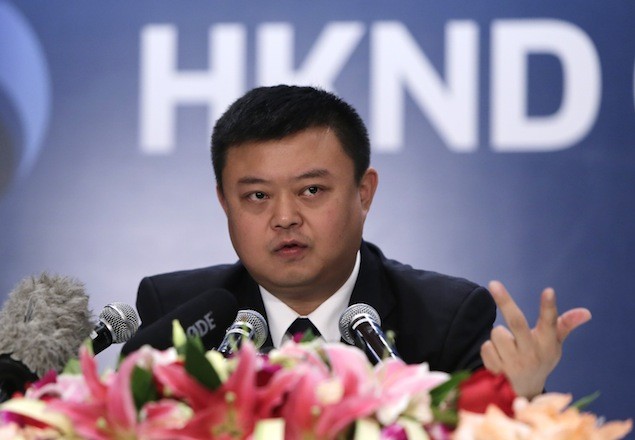Chinese locomotive manufacturers are making major progress with locomotive exports
China's CSR to produce Turkmenistan passenger locomotives
English.news.cn 2013-11-24 16:10:48
BEIJING, Nov. 24 (Xinhua) -- China's leading train manufacturer, China South Locomotive and Rolling Stock Corporation Ltd. (CSR), announced on Sunday that it will produce two passenger locomotives for Turkmenistan, another step to occupy the niche in the central Asian market.
CSR Ziyang, China's largest internal-combustion locomotive manufacturer, is the only company to have signed a contract with China's Ministry of Commerce to produce two internal-combustion passenger locomotives and spare parts for Turkmenistan in 2013, according to CSR.
Since 2004, CSR Ziyang has exported over 200 locomotives to Turkmenistan in four orders, with the third order totaling 75 locomotives, marking China's largest economic and trade project in Turkmenistan.
CSR manufactures railway locomotives, passenger trains, freight wagons, bullet trains and subway cars. Its products have been exported to more than 80 countries or regions.
China's CSR to produce Turkmenistan passenger locomotives
English.news.cn 2013-11-24 16:10:48
BEIJING, Nov. 24 (Xinhua) -- China's leading train manufacturer, China South Locomotive and Rolling Stock Corporation Ltd. (CSR), announced on Sunday that it will produce two passenger locomotives for Turkmenistan, another step to occupy the niche in the central Asian market.
CSR Ziyang, China's largest internal-combustion locomotive manufacturer, is the only company to have signed a contract with China's Ministry of Commerce to produce two internal-combustion passenger locomotives and spare parts for Turkmenistan in 2013, according to CSR.
Since 2004, CSR Ziyang has exported over 200 locomotives to Turkmenistan in four orders, with the third order totaling 75 locomotives, marking China's largest economic and trade project in Turkmenistan.
CSR manufactures railway locomotives, passenger trains, freight wagons, bullet trains and subway cars. Its products have been exported to more than 80 countries or regions.

